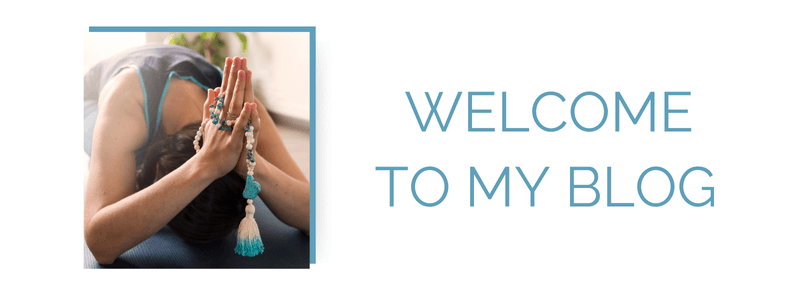
Beginner's Guide to Yoga: Tips for Starting Your Practice
Whether you're seeking a new way to stay active, reduce stress, or find a deeper connection with yourself, yoga offers something for everyone. As a beginner, stepping onto the mat for the first time can be both exciting and a bit intimidating. This guide will help you understand the basics of yoga, what to expect as a newcomer, and essential tips for starting your yoga journey.
Read more...





